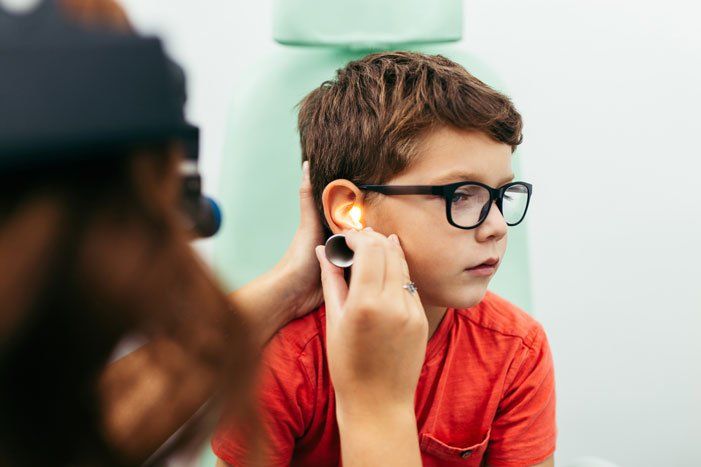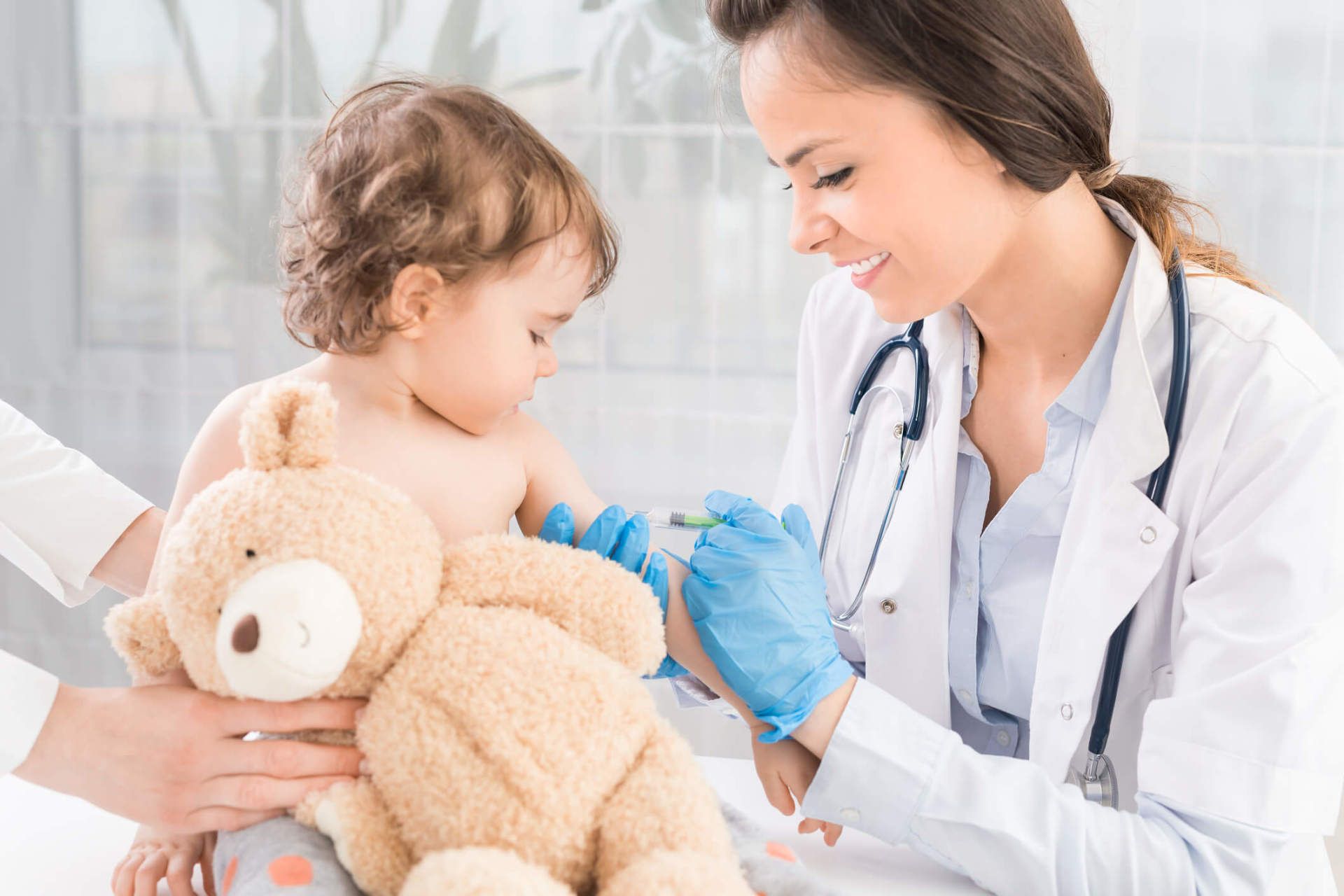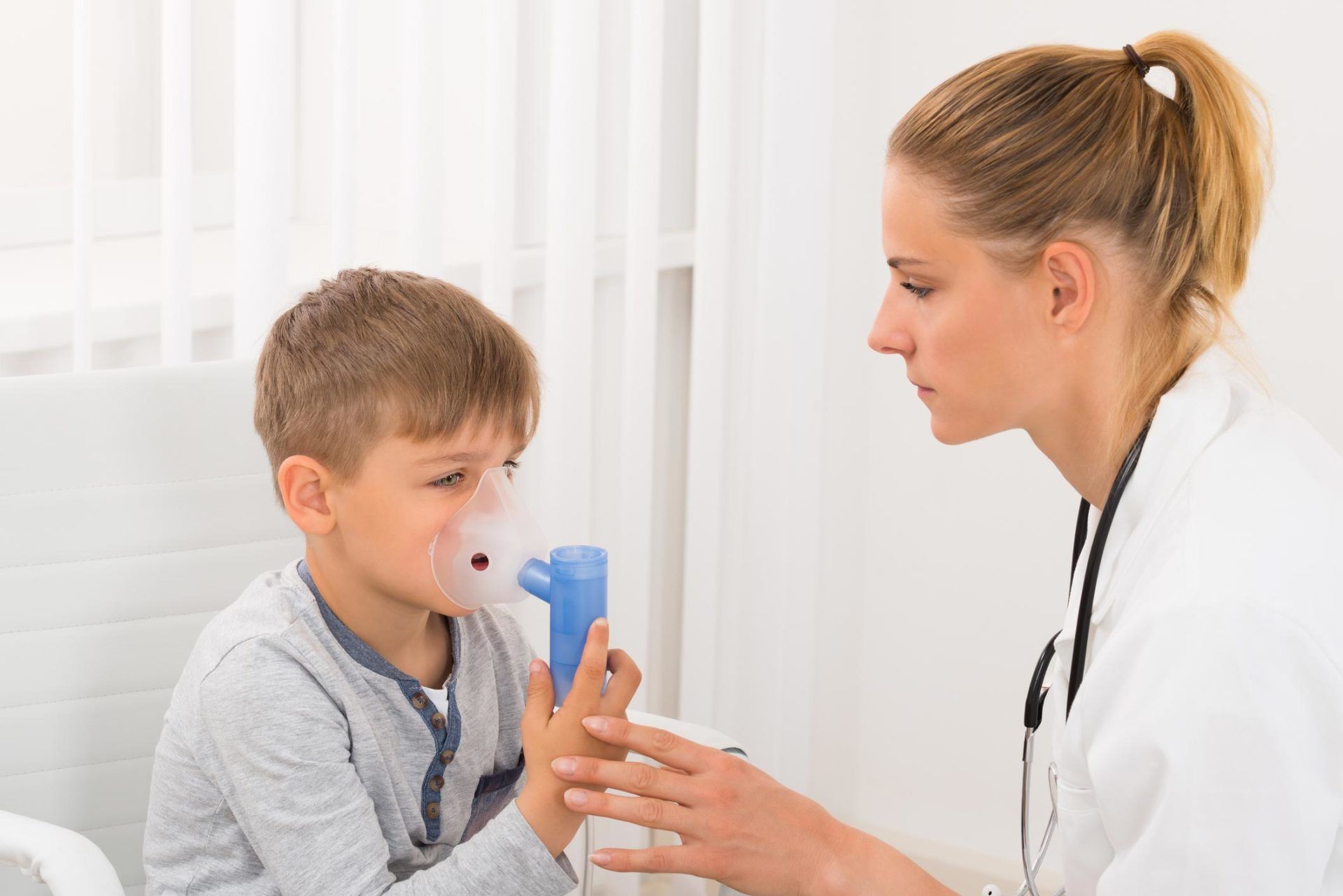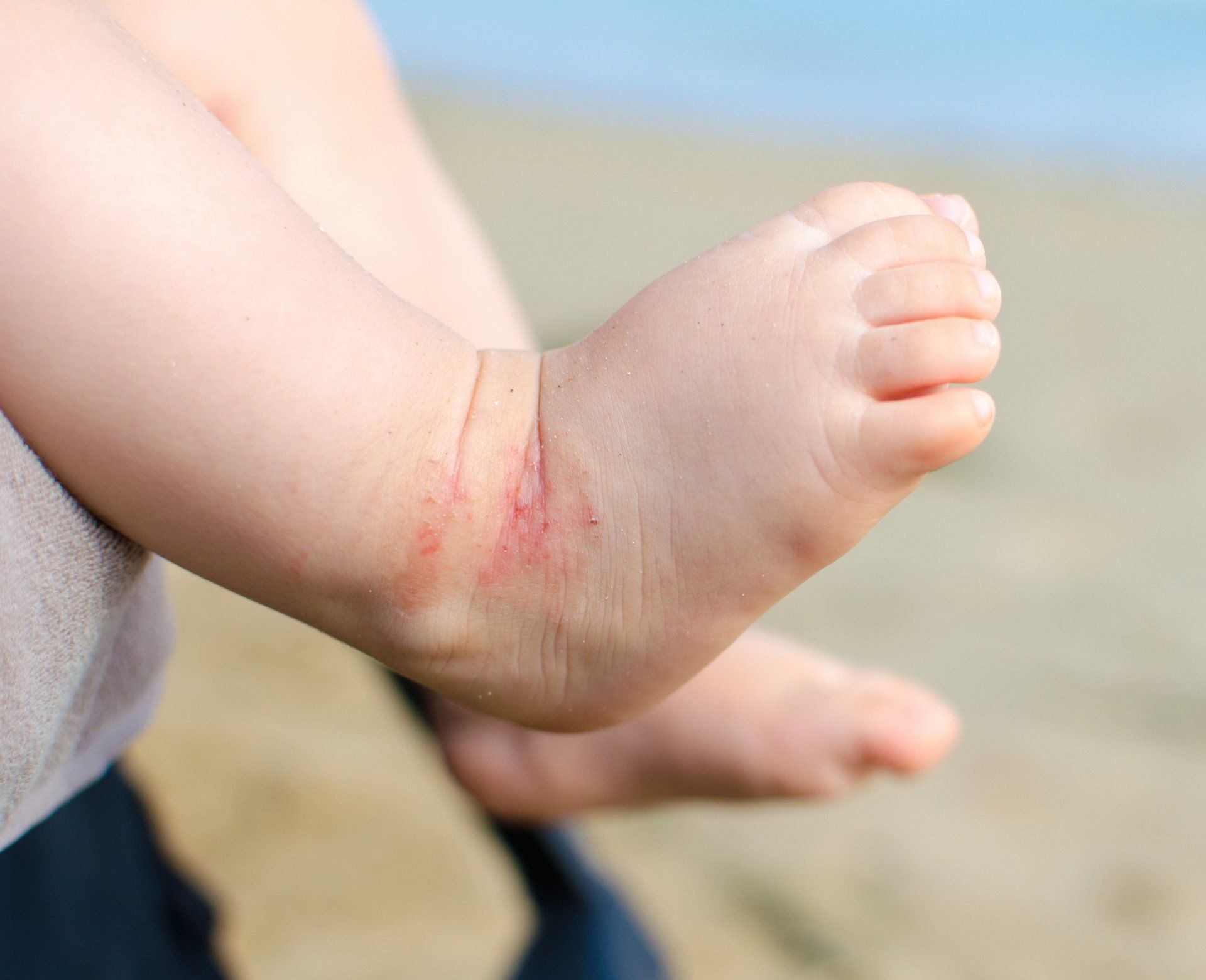7 Necessities for Kids With Severe Food Allergies
You need to take precautions after you
find out that your child has a severe food allergy to make sure that
your child stays safe and avoids exposure to allergens wherever he or
she goes.
Discuss your child's food allergy with a pediatrician to find out exactly what you and your child need to do to avoid allergic reactions. The following are seven necessities the pediatrician is likely to recommend for kids with severe food allergies that you need to take care of to ensure that your child stays healthy and safe.
1. Epinephrine Availability
Epinephrine is a medication that saves lives in the event of severe allergic reaction. Your doctor's pediatrician may give your an epinephrine prescription and recommend that you always have epinephrine available to administer to your child if a severe allergic reaction occurs.
You should discuss epinephrine use with your child's pediatrician and know how to administer it to your child if the pediatrician recommends that you have it available.
2. Communication
You're going to have to communicate well with both your child and your child's pediatrician to manage your child's food allergy. Your doctor will inform both you and your child of what your child can and can't eat safely.
However, the need for communication regarding the allergy issue doesn't stop with the doctor. You also need to communicate with staff members at your child's school and inform them of your child's food allergy. This way, they will know not to offer your child food items that are allergens.
3. Awareness
When your child is an infant, you will be solely responsible for managing your child's allergies. However, as your child grows, he or she should be made aware of food allergies and informed of what must be done to stay healthy.
In addition to making sure your child discusses his or her allergy with the pediatrician, you'll also need to stay informed yourself to answer any questions your child has about allergies.
4. Alternative Foods
Your child should have alternative foods available both at home and at school. You don't want your child to feel left out of activities and special events because he or she can't eat when everyone else is eating.
Therefore, you need to be creative to get around food allergy limitations. Make sure your child has something to eat during snack time and at other times when those around are enjoying a food that your child is allergic to.
5. Emergency Plans
While you obviously hope that an emergency situation never comes up, you should have an emergency plan in place for dealing with a severe allergic reaction should one occur.
You need to know how to recognize all of the signs of a severe allergic reaction like anaphylaxis. You also should always have your pediatrician's contact number to reach him or her immediately in the event of an emergency.
6. Medical ID Bracelets
Medical ID braceletswarn healthcare personnel and others of your child's food allergy if your child is unable to tell them about it himself or herself. This way, medical personnel know not to expose your child to a possible allergen during medical treatment.
An ID bracelet is probably a good idea if your child's allergy is severe.
7. Vigilance
Vigilance is the key to staying healthy despite severe allergies. While you don't want your child to feel anxiety or stress over his or her allergy, you need to stress the importance of staying aware of the risks and scrutinizing food carefully for the presence of possible allergens.
If you're looking for a pediatrician in the Norcross area who can take care of allergy testing for your child, contact us at Y.H. Parikh & Associates to schedule an appointment.








